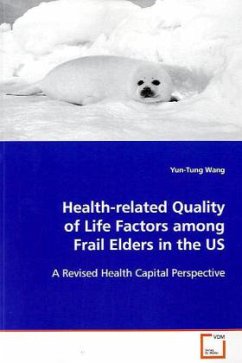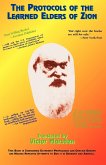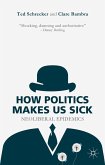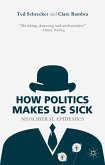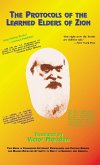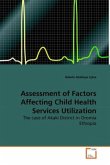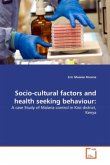This study used longitudinal data based on the 1989
and 1994 National Long term Care Survey (NLTCS) to
examine factors associated with health-related
quality of life indicators among frail elders living
in the community in the US. The study introduced use
of the revised health capital model,as a conceptual
framework for predicting frail elder s health-
related quality of life. Using step-wise linear
regression and logistic regression, four groups of
health capital factors were analyzed for their
effects on seven current health-related quality of
life outcome indicators. Findings indicated that
better current health-related quality-of-life
outcomes among community-dwelling frail elders were
explained by greater previous health capital,a
lower level of impairment,fewer helpers,more face-
to-face contacts with relatives and/or friends per
month, and having Medicaid and/or a private health
plan. Having previous depressive symptoms (a
covariate) and the number of helpers were the most
powerful predictors respectively. Based on these
findings,the implications for social policy and
social work practice are discussed.
and 1994 National Long term Care Survey (NLTCS) to
examine factors associated with health-related
quality of life indicators among frail elders living
in the community in the US. The study introduced use
of the revised health capital model,as a conceptual
framework for predicting frail elder s health-
related quality of life. Using step-wise linear
regression and logistic regression, four groups of
health capital factors were analyzed for their
effects on seven current health-related quality of
life outcome indicators. Findings indicated that
better current health-related quality-of-life
outcomes among community-dwelling frail elders were
explained by greater previous health capital,a
lower level of impairment,fewer helpers,more face-
to-face contacts with relatives and/or friends per
month, and having Medicaid and/or a private health
plan. Having previous depressive symptoms (a
covariate) and the number of helpers were the most
powerful predictors respectively. Based on these
findings,the implications for social policy and
social work practice are discussed.
